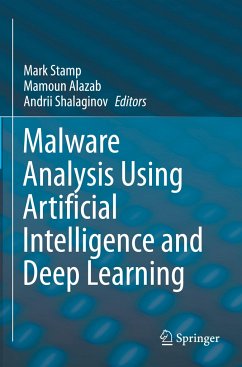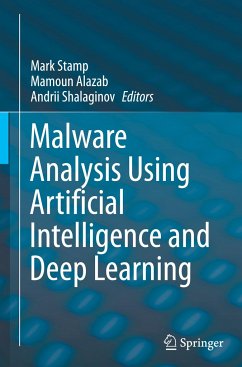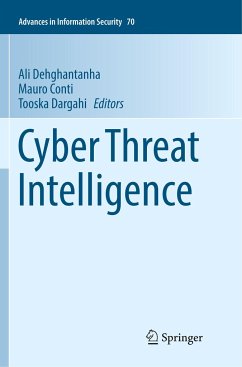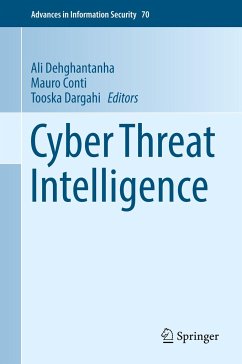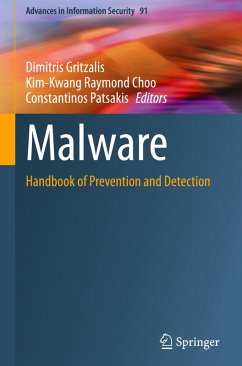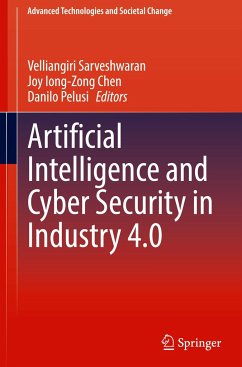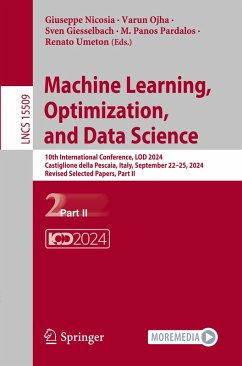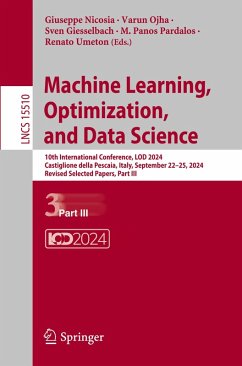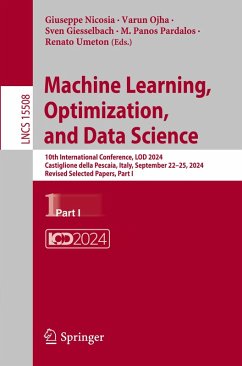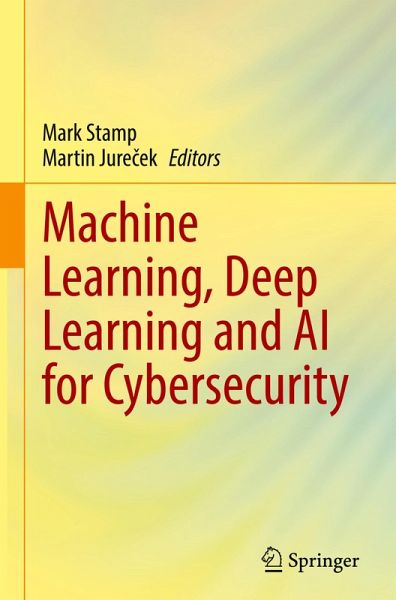
Machine Learning, Deep Learning and AI for Cybersecurity

PAYBACK Punkte
58 °P sammeln!
This book addresses a variety of problems that arise at the interface between AI techniques and challenging problems in cybersecurity. The book covers many of the issues that arise when applying AI and deep learning algorithms to inherently difficult problems in the security domain, such as malware detection and analysis, intrusion detection, spam detection, and various other subfields of cybersecurity. The book places particular attention on data driven approaches, where minimal expert domain knowledge is required.This book bridges some of the gaps that exist between deep learning/AI research...
This book addresses a variety of problems that arise at the interface between AI techniques and challenging problems in cybersecurity. The book covers many of the issues that arise when applying AI and deep learning algorithms to inherently difficult problems in the security domain, such as malware detection and analysis, intrusion detection, spam detection, and various other subfields of cybersecurity. The book places particular attention on data driven approaches, where minimal expert domain knowledge is required.
This book bridges some of the gaps that exist between deep learning/AI research and practical problems in cybersecurity. The proposed topics cover a wide range of deep learning and AI techniques, including novel frameworks and development tools enabling the audience to innovate with these cutting-edge research advancements in various security-related use cases. The book is timely since it is not common to find clearly elucidated research that applies the latest developments in AI to problems in cybersecurity.
This book bridges some of the gaps that exist between deep learning/AI research and practical problems in cybersecurity. The proposed topics cover a wide range of deep learning and AI techniques, including novel frameworks and development tools enabling the audience to innovate with these cutting-edge research advancements in various security-related use cases. The book is timely since it is not common to find clearly elucidated research that applies the latest developments in AI to problems in cybersecurity.



